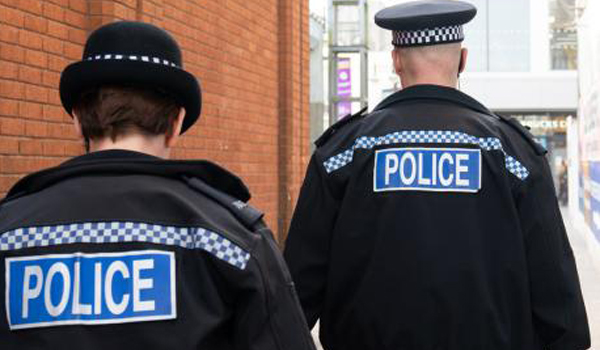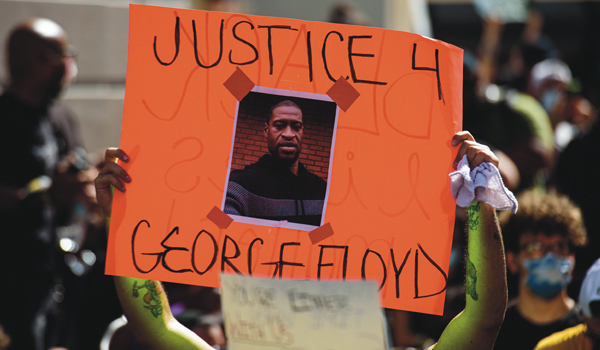Behaviour unbecoming
A recent HMICFRS report said police forces need to do more to tackle anti-social behaviour. His Majesty’s Inspector of Constabulary Lee Freeman KPM explains why.
Anti-social behaviour and its impact should not be underestimated. It makes people feel unsafe, rips apart communities and can have lifelong consequences for its victims. You will no doubt know family and friends who have experienced it and suffered the trauma and distress it can cause.
It is hardly surprising given the alarming statistics. More than a million incidents of anti-social behaviour were reported in the year to September 2023, and over 35 per cent of adults have experienced it in the same timeframe. This doesn’t even reflect the true scale of this blight affecting our communities and wider society, but we know each case could be a cry for help.
And yet, it has often been referred to as ‘low-level crime’ by the police, media or public. But the reality is, as we often see time and again through our inspections at His Majesty’s Inspectorate of Constabulary and Fire and Rescue Services (HMICFRS), that anti-social behaviour is not minor or low level in the impact it has upon those suffering it.
It cannot be right that victims must endure a relentless cycle of abuse. Our communities shouldn’t have to turn their heads to this kind of behaviour and people should never be afraid to leave their homes, out of fear of being targeted by those intent on causing intimidation and trouble. The trauma of these incidents has even led to the loss of life.
We know the public are reporting the crimes, but we also know, not enough is being done by police forces in response. The Victims’ Commissioner’s recent report also highlighted that victims are being ignored by the police, with over two-thirds of those spoken to still suffering the effects of it for more than five years. People are left frustrated and helpless at the level of service they receive, and perpetrators can continue to act with impunity and cause havoc in their neighbourhoods.
The findings of our recent report on this issue are clear. Police forces need to improve how they identify, record and respond to anti-social behaviour and more needs to be done to protect vulnerable people. Building public trust and confidence is the foundation of our policing by consent model. It is crucial that forces improve both their response to victims and the actions they take and the consistency of this service across the country.
In our report, I highlight certain factors that are limiting forces’ ability to tackle this behaviour. Whether this is difficulties with sharing data and up-to-date IT systems, effective problem-solving with partners, the lack of training or poor recording methods and evaluation outcomes.
However, the most profound issue is the continued inconsistencies that we see across forces.
Despite the findings, we did find some excellent pockets of activity across the country, where the police are working hard to overcome these challenges. For example, tackling underage street drink and alcohol-related behaviour by using public protection orders; hotspot patrols using QR codes and apps to identify locations, suspects and victims; or quite simply providing engagement sessions offering life skills to young people.
However, each force needs to make sure it understands the complexity and prevalence of anti-social behaviour in their communities and consistently use their statutory powers to take robust action against perpetrators.
The Government has been clear that tackling these issues and placing neighbourhood policing at the heart of its response, is a priority. It has promised to do exactly that, with the Policing Minister Dame Diana Johnson confirming a commitment to a nationwide rollout of a new training programme for neighbourhood policing officers – developed by the College of Policing – to improve standards and increase consistency across forces.
Crucially, the public need to feel their concerns are being taken seriously, that there are consequences for this type of behaviour, and that the police are present, accessible and taking action in response.
If the police want to improve the public’s trust and confidence, then they have no choice but to get a grip on anti-social behaviour and the perpetrators that continue to blight many neighbourhoods and communities.
Forces can and must do better to build safer, stronger communities.






